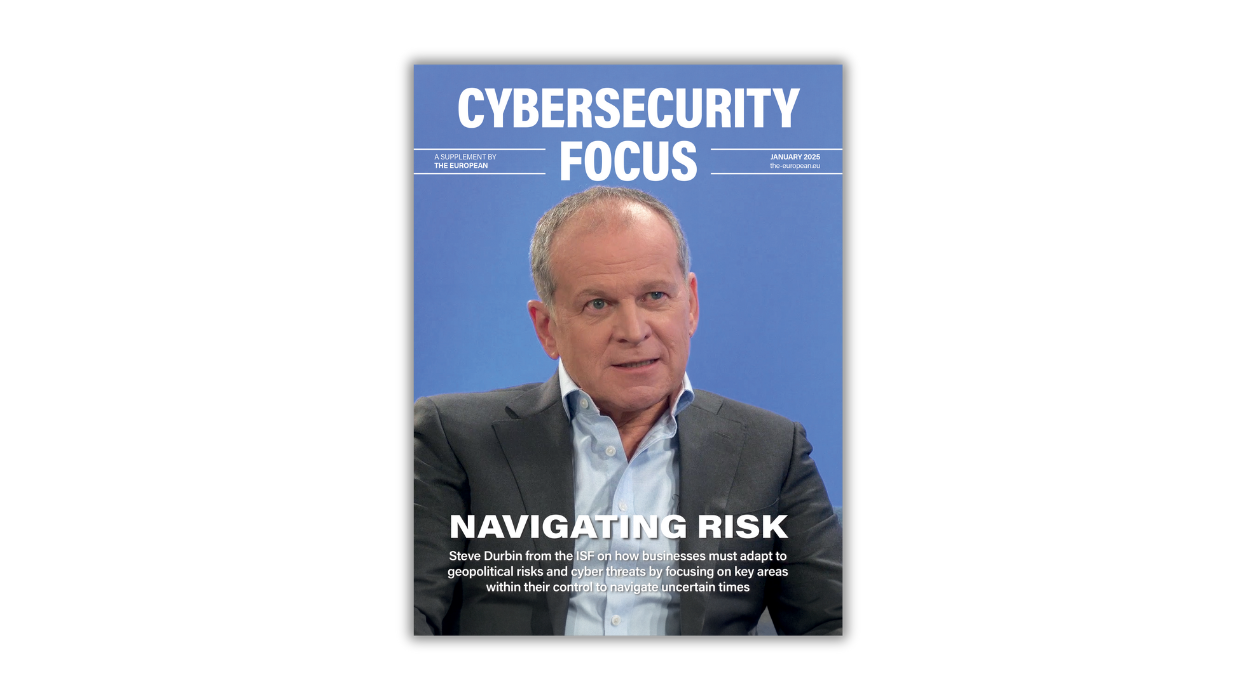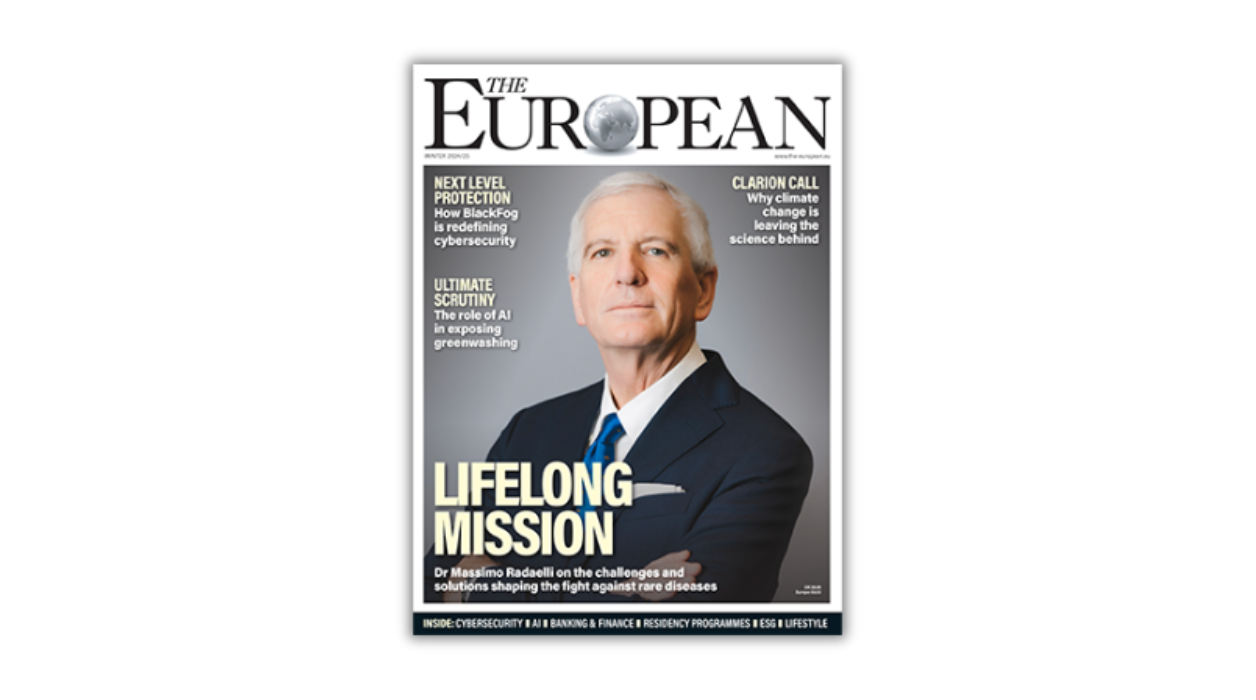How to quickly build team morale in a crisis

John E. Kaye

If your business is facing tough times, rather than look inward and hit the panic button, reach out and find ways to build momentum, says executive coach Jeremy Kourdi
Henry Ford is reputed to have said that “Whether you think you can, or think you can’t, you’re right.” Since Ford shared this insight, the development of psychology and concepts such as growth mindset have illuminated the decisive impact of attitudes if people are to succeed. Clearly, a positive mindset combined with teamwork and the ability to get people working at their best is always valuable. However, in times of crisis, it is an absolutely essential, indispensable prerequisite.
Despite its significance, building and sustaining team morale can be fiendishly difficult – even counter-intuitive – during times that are unfamiliar, fast-changing, challenging, pressured or alarming; in other words, during a crisis. The temptation may be to batten down the hatches. To say less, rely on past solutions, and try to fix things yourself. Experience suggests that would be a mistake. Better to rely on teamwork, and to make sure that the team is focused and effective. Several quick, practical actions can help:
Make progress, start achieving
The benefits of any small step or plucking of “low-hanging fruit” are amplified during times of crisis. Action and progress will help you learn, improve, build confidence and belief, and develop momentum. Inaction, paralysis and (as Henry Ford recognised) lack of belief are the real enemies that can deepen and complicate a crisis. For example, the Ukrainians’ successful defence of their country in 2022 came from their initial response to the invasion, which enabled them to develop belief and momentum. So, where are the quick wins that will turn the tide and deliver progress?
Help colleagues find their flow
Flow enhances performance by improving concentration, motivation and confidence, and can be achieved with several steps. First, remove any obstacles or bureaucracy, and let people manage their time (e.g.. switch off emails, attend fewer meetings). Next, understand when a conversation would help – and when it wouldn’t – and encourage, find out what the person needs and provide support. Also important is playing to each individual’s strengths as well as providing context and a big picture perspective, reinforcing why their work matters. Finally, if necessary, challenge the individual to succeed. Ask: what would help each colleague improve their effectiveness and flow?
Communicate, collaborate and share
In times of crisis people need sometimes to work independently and sometimes collaboratively, while always pulling in the same direction. This requires several things. First, communication: it promotes inclusion and a motivating sense of camaraderie. It also informs behaviour as well as eliciting ideas, enabling course corrections and sharing ideas. Also essential is a guiding vision: a “rallying point” that influences actions and establishes a unified purpose, recognising that it is easier to move towards something positive than away from a negative. Consider what information needs to shared and agree how people will be updated.
Steadfast focus on priority issues
Invariably tough action is needed during a crisis, and this needs to be achieved in a way that avoids undermining team morale and effectiveness. Several principles are important: work collectively to identify priorities and agree action plans, ask questions and be willing to challenge – orthodoxy, yourself, your colleagues, and be ruthless. If handled correctly it can be a galvanising, bonding experience. So, what needs to change?
Perhaps above all, apply the essentials of great team-working. These include discussing individual strengths and agreeing team roles. Also important is deciding how the team will work together during the crisis, and thinking ahead to likely problems. One effective technique is for each team member to outline “how to work with me” – that person’s view of their strengths, potential contributions, weaknesses and triggers. It not only delivers a practical benefit but helps build openness and connection.
Finally, rapport, connection and bonding are vital. Great relationships matter for many reasons, and during a crisis they enable people to work quickly and challenge each other, knowing that there is positive intent behind every action. So, find ways to connect, share and bond. It does not simply make the crisis bearable, it has a practical advantage that underpins all of the other actions.
So, how will you build team spirit and emotional connections? Do what Henry Ford would do: ask the team.
ABOUT THE AUTHOR

Jeremy Kourdi is an executive coach and director of leadership consultancy Kourdi Associates. Formerly VP of The Economist Group, he is an expert in leadership, business development and coaching and has written 29 business books.
Sign up to The European Newsletter
RECENT ARTICLES
-
 Human resources at the centre of organisational transformation
Human resources at the centre of organisational transformation -
 UK government sets up Women in Tech taskforce amid gender imbalance concerns
UK government sets up Women in Tech taskforce amid gender imbalance concerns -
 Liechtenstein lands AAA rating again as PM hails “exceptional stability”
Liechtenstein lands AAA rating again as PM hails “exceptional stability” -
 The Parisian business school quietly reinventing the MBA
The Parisian business school quietly reinventing the MBA -
 UK entrepreneur who founded £1bn firm acquires UAE amateur golf leader to launch world amateur Super League
UK entrepreneur who founded £1bn firm acquires UAE amateur golf leader to launch world amateur Super League -
 Why your home is the best place to teach children leadership
Why your home is the best place to teach children leadership -
 Inside the Spring 2025 Edition of The European
Inside the Spring 2025 Edition of The European -
 The Paris MBA designed for real-world leadership
The Paris MBA designed for real-world leadership -
 Soft2Bet reflects on eight years of leadership and philanthropy in new film featuring CEO Uri Poliavich
Soft2Bet reflects on eight years of leadership and philanthropy in new film featuring CEO Uri Poliavich -
 Global Banking School celebrates ‘milestone’ anniversary
Global Banking School celebrates ‘milestone’ anniversary -
 Saudi Arabia hosts the fourth Riyadh International Humanitarian Forum
Saudi Arabia hosts the fourth Riyadh International Humanitarian Forum -
 New York Congresswoman pushes for Trump’s birthday to be enshrined as federal holiday
New York Congresswoman pushes for Trump’s birthday to be enshrined as federal holiday -
 Red light, green bite: Netflix restaurant opens in Vegas
Red light, green bite: Netflix restaurant opens in Vegas -
 Read our Cybersecurity Focus supplement, featuring insights from Information Security Forum
Read our Cybersecurity Focus supplement, featuring insights from Information Security Forum -
 Davos World Economic Forum 2025: Collaboration for the Intelligent Age
Davos World Economic Forum 2025: Collaboration for the Intelligent Age -
 The European releases its Winter 2024/25 edition
The European releases its Winter 2024/25 edition -
 Read our FDI Focus supplement, featuring insights from Michael Lohan of IDA Ireland
Read our FDI Focus supplement, featuring insights from Michael Lohan of IDA Ireland -
 PizzaExpress to Expand Dough Base Stateside
PizzaExpress to Expand Dough Base Stateside -
 The two core skills middle managers need to navigate stormy weather
The two core skills middle managers need to navigate stormy weather -
 The Role of Financial Regulations in the Online Casino Industry
The Role of Financial Regulations in the Online Casino Industry -
 How to become a game-changer
How to become a game-changer -
 Taking the risk out of BOP ventures
Taking the risk out of BOP ventures -
 Releaf leading the way with marketing
Releaf leading the way with marketing -
 A model for building winning teams
A model for building winning teams -
 Get comfortable with not knowing
Get comfortable with not knowing


























